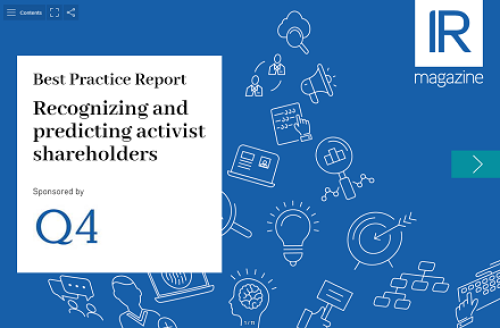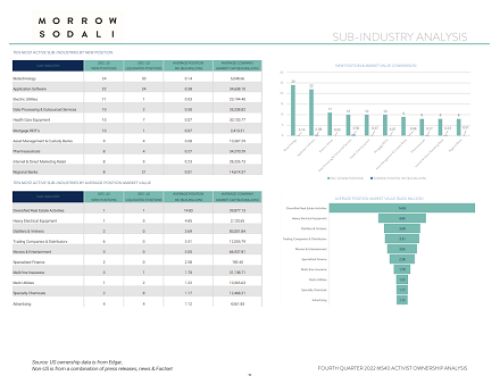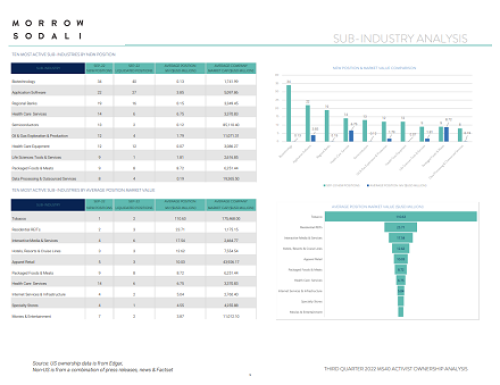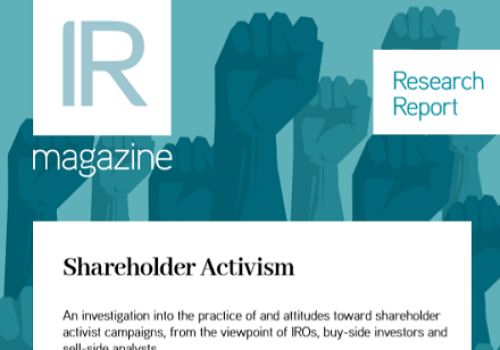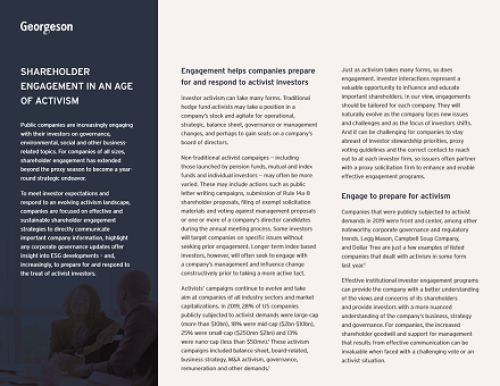Activist’s call for further buybacks sparked spat with other investors
Carl Icahn remained typically robust in tone this week despite withdrawing his proposal for a $50 bn buyback program at Apple.
In an open letter on his recently launched website Shareholders’ Square Table (which campaigns for a ‘square’ deal for owners), the veteran activist cites recent share repurchases by Apple, along with a report from ISS backing the company, for his decision.
Icahn says he agrees with ISS’ view that Apple is on course to conduct at least $32 bn in buybacks this year, which means his proposal would add only $18 bn more to the total.
Still, he took the opportunity to highlight ISS’ view that Apple has been ‘sluggish’ to return cash to shareholders. He also noted that the iPhone maker had become more aggressive in repurchasing shares, an approach ‘we hoped to instill with our proposal’.
Icahn’s climb down came the day after ISS revealed it would back the company in its clash with the activist. The shareholder advisory firm said Apple had returned the bulk of its US-generated cash to shareholders.
‘In light of these good-faith efforts and its past stewardship, the board’s latitude should not be constricted by a shareholder resolution that would micromanage the company’s capital allocation process,’ said ISS.
While other investors have also called for Apple to return more cash to shareholders, Icahn’s campaign ended up drawing criticism from major institutions.
New York City’s comptroller, Scott Stringer, argued that Apple is best placed to decide its financial approach, adding that decisions about cash distribution shouldn’t be done on investors’ terms.
After Icahn dropped his proposal on Monday, Stringer tweeted in celebration: ‘Shareowners force Icahn to say Icant’, among other messages about the campaign.
CalPERS had already come out against Icahn’s Apple campaign. Anne Simpson, head of corporate governance at the Californian pension fund, went on TV to say she thought he was a short-term investor with a short-term agenda.
Speaking with CNBC, she characterized Icahn’s recent forays into social media – he announced his position in Apple on Twitter – as ‘megaphone diplomacy’, stating that long-term shareholders would prefer to engage in a proper conversation.
Icahn retorted that he is often a long-term holder. But it’s clear his brand of ownership is more hands-on than many institutional investors are comfortable with.



